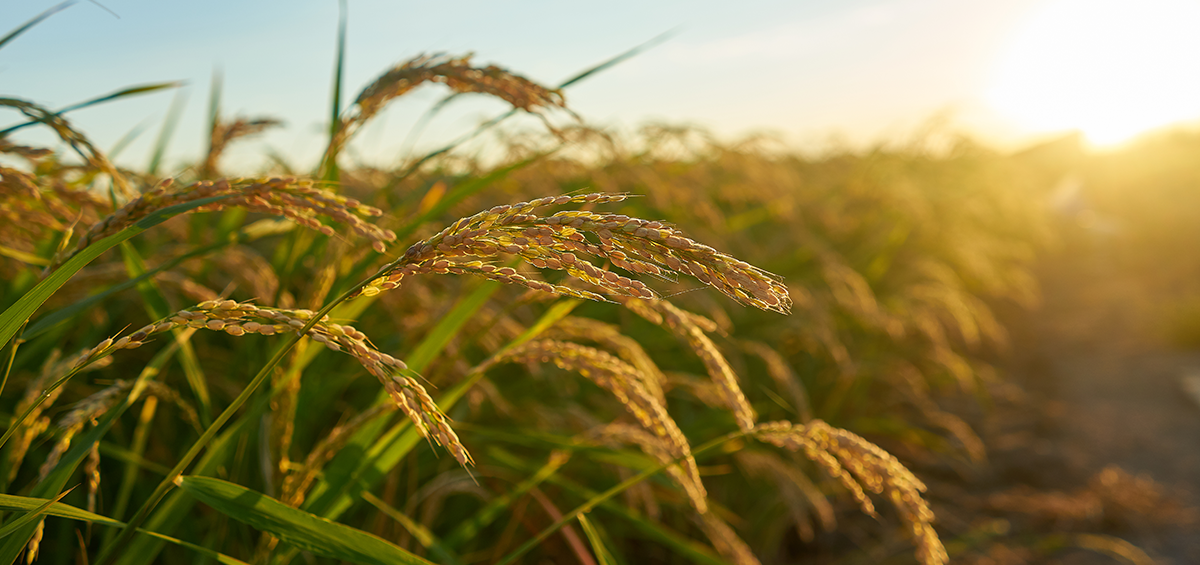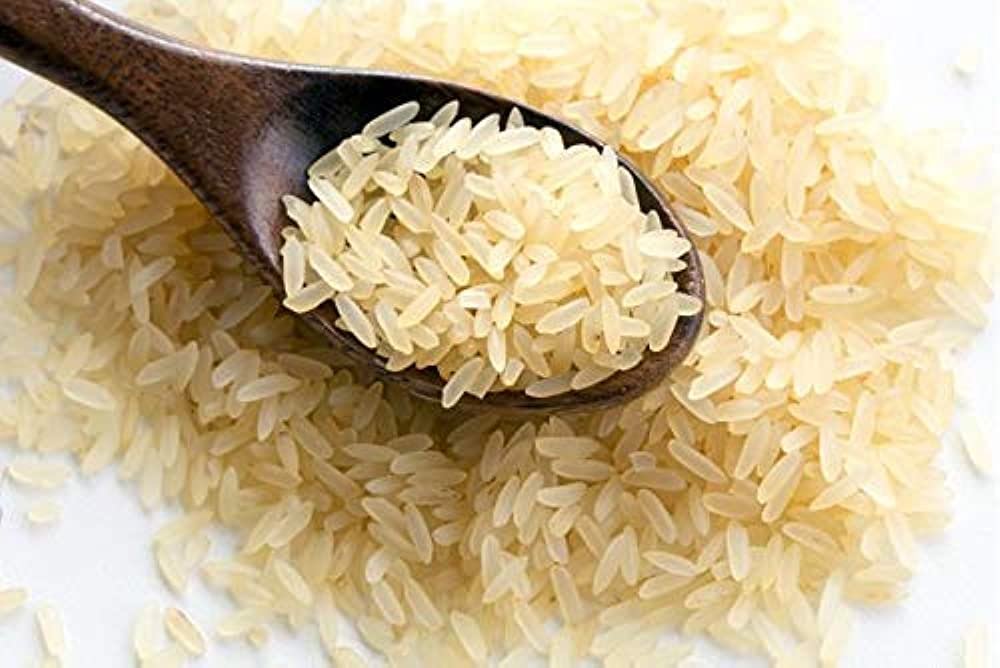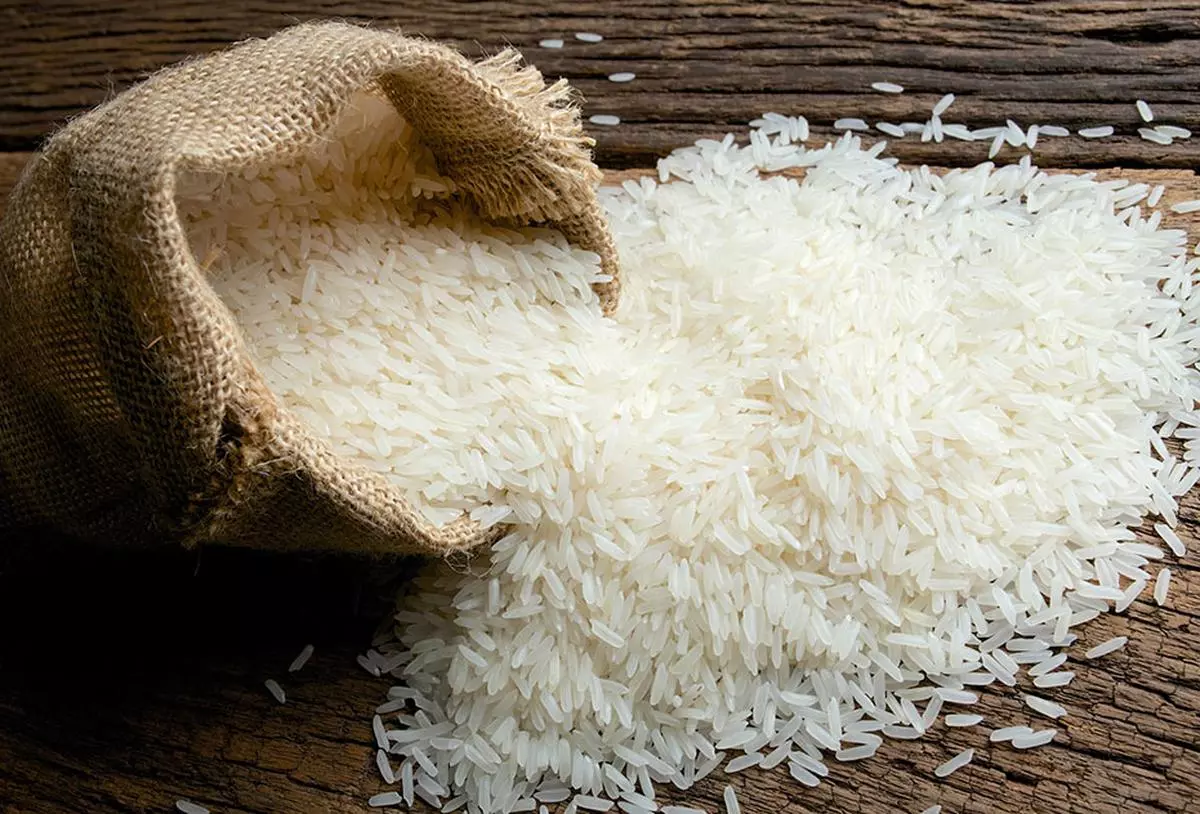India’s Rice Export Ban: India’s recent ban on non-basmati white rice exports has sparked significant concerns among rice-importing nations. The ban has resulted in a global shortage of rice, impacting food security and supply chains around the world. Several countries heavily reliant on Indian rice exports are now facing uncertainties about meeting their domestic demands. The ban has prompted discussions and calls for alternative solutions to address the escalating crisis in the international rice market.
India’s Rice Export Ban 
The recent Indian prohibition on the export of non-basmati white rice has shocked the world market, causing a rush for supply and escalating worries about food security. Reuters, the news agency, reports that the embargo is expected to restrict the availability of this staple commodity by nearly a fifth on the global market. Importers may seek further government-to-government agreements to minimize shortages and control rising prices.
Shirley Mustafa, a market analyst for rice at the Food and Agriculture Organisation (FAO) of the United Nations, views the decision to cease shipments as a blow to the trustworthiness of global trade.
Mustafa said, export limitations “inherently reduce trust in the dependability of international trade.” In order to guarantee a consistent supply of rice, importing nations may therefore turn to direct agreements with governments, he noted.
In fact, stressing the significant influence it would have on global inflation, the International Monetary Fund (IMF) recently said it would “encourage” India to lift export limits. India has stated its willingness to take into account providing for the needs of nations in need of rice supplies despite the prohibition.
In fact, the nation has authorized sales of almost one million metric tonnes of broken rice to nations including Indonesia, Senegal, Gambia, Mali, and Ethiopia since it banned exports of the grain last September to lower local prices.
International rice importers struggle

In contrast to Asian importers like Indonesia and the Philippines, who may enter into government-to-government agreements with major rice producers like Thailand and Vietnam, African purchasers are likely to approach the Indian government for sales of rice. If the El Nino weather pattern causes its domestic supply of rice to be disrupted. Indonesia and the Indian government have already inked a contract that might allow for the import of one million metric tonnes of rice.
At roughly 41 million tonnes as of July 1, India had abundant non-basmati rice supplies, more than enough for both domestic public consumption and official trade. Vietnam is about to begin harvesting its primary crop, which might further ease the pressure on the world’s rice supplies.














Be First to Comment